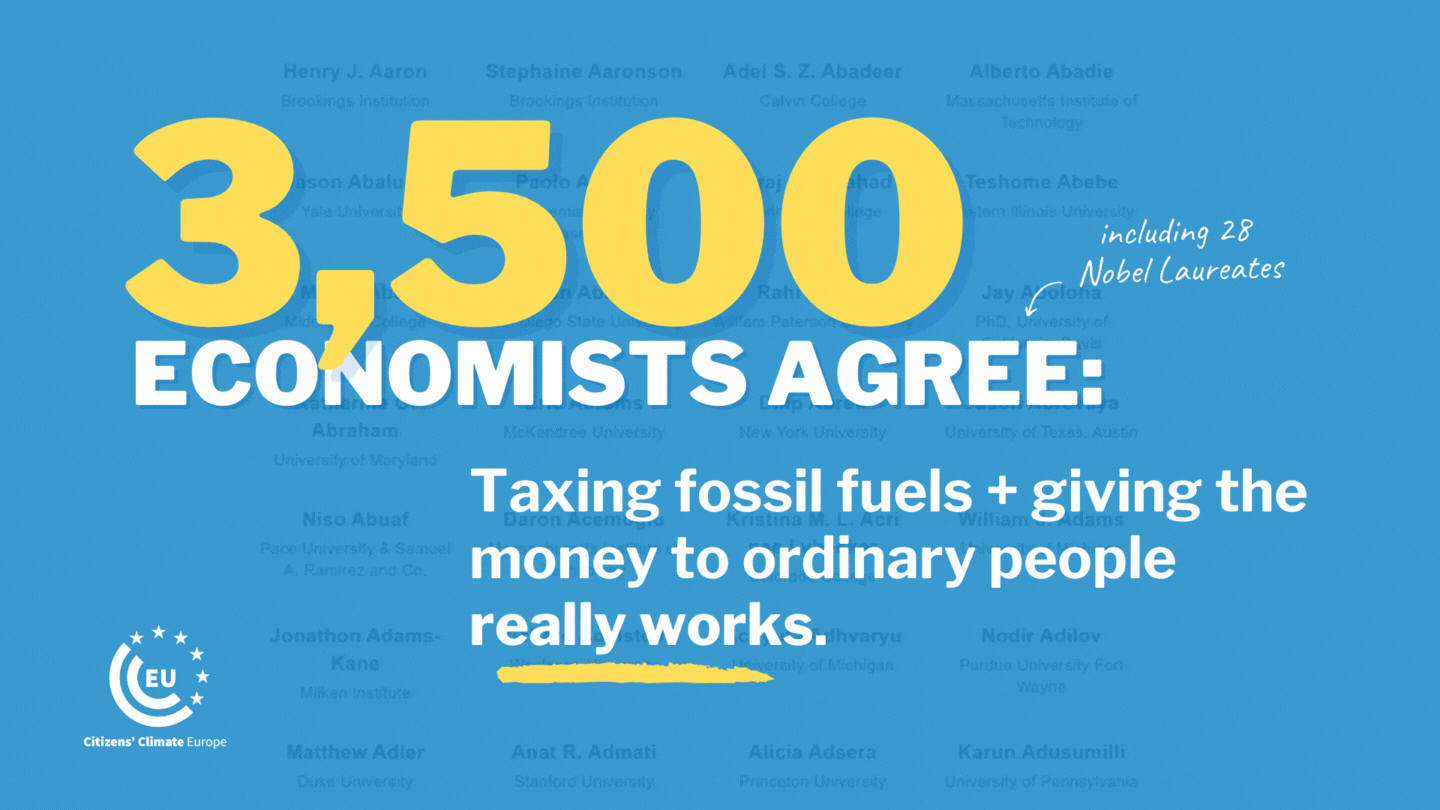
EU lawmakers voted last week by a wide margin (444-70, with 181 abstentions) to support development of a Carbon Border Adjustment Mechanism (CBAM) as part of the EU Green Deal.
The CBAM (or carbon levy on imports) would initially apply to the most carbon-intensive industries, such as aluminum, cement, chemicals, and steel, starting in 2023. After that, it would begin to extend to other industrial products until they are covered by a carbon pollution price comparable to that imposed by the EU Emissions Trading System (EU-ETS).
The policy is not yet designed, so it could operate as a straight tax on carbon-intensive imports not carrying a carbon price, or it could require importers to purchase allowances thought the EU-ETS. Allowances are roughly €41 (or about US$49), and each one permits the buyer to emit one metric ton of carbon dioxide.
Border adjustments affect traded goods, so it is important to recognize that this is a climate policy measure, designed only to ensure a level playing field and protect the EU’s right to legislate for its domestic market. It is not the kind of border adjustment that would be considered “protectionist” under WTO rules.
US Special Presidential Envoy John Kerry recently told the Financial Times CBAM policies should be “a last resort, when you’ve exhausted the possibilities of getting emission reductions and joining in some kind of compact by which everybody is bearing the burden“. This is not, however, in strict opposition to the CBAM, because:
- It is only intended to ensure a level playing field, not to disadvantage trading partners.
- It creates an incentive for countries to price carbon at home—either to bring in new revenues or recycle revenues into their own economies.
- It could be suspended for any country working toward the appropriate carbon price and decarbonization goals.
Depending on the particulars of CBAM policy design, it could be a critical tool for:
- Making strong EU climate policy more durable;
- Reducing the opportunities to profit from pollution;
- Signaling a clear direction of travel for trading partners and investors;
- Driving higher ambition in national climate policy around the world.
All of these would make it far more likely 196 nations could achieve consensus at COP26 in Glasgow on the adoption of net-zero compliant climate action pathways. The historic vote also signals a new moment in global climate action policy: Joining the CBAM club is a way to build geopolitical leverage and lead in shaping the future of climate-smart finance, investment, and job creation.





